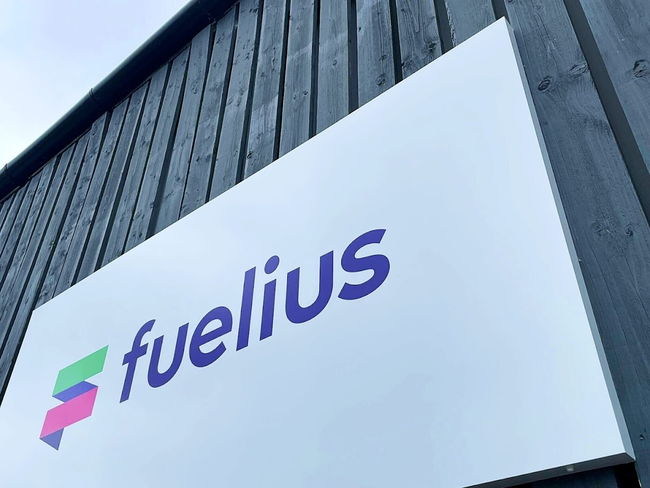As businesses struggle to navigate Meta’s complexities and embrace AI, the Next Big Shift – Search Generative Experience – is on the horizon. Are You Prepared for the Countdown to 12-24 Months?
Because of the rapid development of our digital world, the demand for forward-thinking digital marketing has skyrocketed since 2020. Marketing techniques that were effective in 2020 will no longer be effective in 2024.
Business owners and marketing managers feel the pressure of adapting to new practices and struggling to stay ahead of the curve. Most business owners say they have little to no understanding of the role of artificial intelligence in marketing. Many are frustrated with the ever-complex world of Meta and advertising on Meta’s platforms (Facebook, Instagram, and Whatsapp).
While these are current problems business owners and marketing managers face, most are unaware of one of the most significant shifts coming in the next year and a half – Search Generative Experience.
Search Generative Experience uses advanced machine learning (AI) techniques to generate organic search results and recommendations. This will impact every single business online.
Matt Burns, Head of SEO at Marwick Marketing, comments, “The way we search, and subsequently optimise websites, is condensing queries into short, broad keywords. However, as Google advances in comprehending longer and more specific requests with AI, a subtle shift is underway. In the coming months, we anticipate transitioning towards longer-tail, low-volume queries as users embrace a more natural language approach. For companies adopting this as part of their SEO strategy, they will see bigger wins in the future over competitors who do not. “
But it’s not just the adoption of AI and new marketing platforms that will catch business owners and marketing managers out. It’s the speed at which the landscape will shift.
Marwick Marketing’s CEO, Chris Thomson, shares this insight.
“It took seven years for Google to shift from indexing websites on desktop to mobile fully. Google officially announced its mobile-first indexing initiative in November 2016, which has only recently finished rolling out. Mobile-first indexing means that Google primarily uses the mobile version of a website’s content for indexing and ranking, rather than the desktop version.”
Thomson continues, “Many companies were slow to make the shift, losing SEO rankings to their competitors. This gave forward-thinking business owners an upper hand against established brands. The transition to a Search Generative Experience presents a much higher significant opportunity for visionary business owners and marketing teams. Still, the window of advantage will be much shorter than the mobile-first shift – approximately 12 to 24 months.”
Looking ahead, the future of business in the era of generative AI is promising. As AI algorithms advance, search results will become even more personalised and refined, enhancing the user experience and delivering targeted information. Businesses that embrace these advancements and leverage AI-driven insights will effectively engage their target audiences and gain a competitive edge.
The evolution of generative AI presents new opportunities for businesses to leverage data, analytics, and emerging technologies. By staying informed on generative AI developments, businesses can adapt their strategies to deliver exceptional user experiences and capitalise on the broad changes that come in their wake to position themselves to achieve durable success ultimately.






